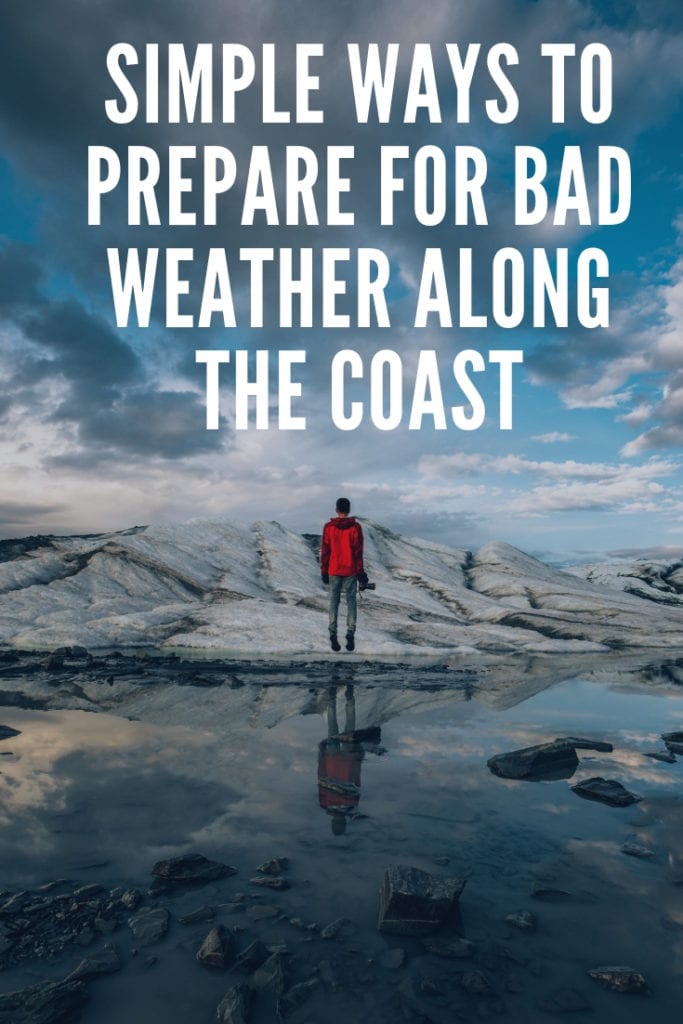Flash floods, tropical threats and historic landfall… Oh my! Eh, but that’s what we get every once in a while in South Carolina. It’s not too bad, but being prepared and understanding our weather patterns can help you be more comfortable when bad weather hits. If you’re moving to this area or relocating you might want to understand how our weather pattern works. We experience a subtropical climate with hot summers and mild winters. July is usually the hottest of the year and January the lowest temperatures. 
Tornado season is in early spring and hurricane season can last from late August through October. But that’s not guaranteed. However, it’s a good plan to be prepared.
Related: What you need to know about Hurricanes
Tropical storms can eventually turn into hurricanes if they pick up enough speed and have the right temperatures. One of the best things you can do if you live here is to simply be prepared and stay up-to-date on what’s happening and when it’s supposed to happen. Know your evacuation routes if you’re in low-lying areas to help you reach higher ground.
Keep a list of contact information on emergency contacts such as local hospitals, the American Red Cross, your local radio and TV stations as well as local public safety and law enforcement contacts.
Plan ahead. Many people rush out to the supermarkets and stock up on things that don’t need over the week. The problem with this is that many of our supplies come in on a daily or weekly basis so if everyone goes at once, many times the shelves will be left empty. It’s best to plan ahead and have bottles of water, bags of rice, sand, or other necessities already stocked aside in a Rubbermaid container along with a first aid kit, flashlight and battery-operated radio. You’ll also want to have extra batteries just in case.
Keep your four-legged friends safe as well by having an emergency plan for them. Either have carrying cases or contacts for specific pet owners that might be able to take your pet should there be an emergency.
Be prepared as a family. Know where everyone is supposed to be should there be an emergency. This could be a fire, burglary or natural disaster. Know where everybody is going to be, how to connect with everybody, and how you are to contact each person.
Finally, listen and adhere to the warning signs. Most of the time people are injured or worse when they fail to listen to recommended or mandatory evacuations. Also, wait until an area safe before returning home.
We get very few major storms and hardly any hurricanes make landfall but it’s still best to be prepared. You never know when your power simply might go out or you have damage from a flood. It is raining here and even though we enjoy the lush tropical landscaping, it sometimes can come at a slight price.
Read more: National Hurricane Center
More Good Stuff Below
What to Do After a Hurricane – a Checklist and What Insurance Covers

